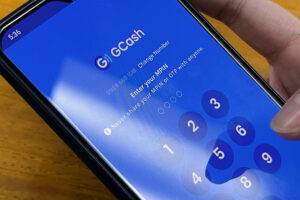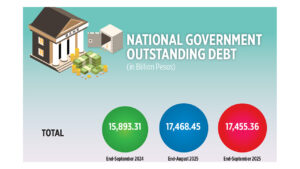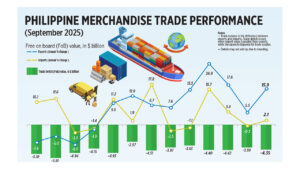A wave of concern swept through the digital world as reports surfaced of GCash user data appearing for sale online. The news ignited fears of compromised accounts and potential financial risk for millions of Filipinos relying on the mobile wallet platform.
The National Privacy Commission (NPC) swiftly launched a full investigation, meticulously examining the claims and working to determine if a significant data breach had indeed occurred. The stakes were high, demanding a swift and definitive answer to quell public anxiety.
After a thorough review, the NPC announced its findings: no conclusive evidence of a data breach within GCash’s systems was discovered. Independent validation revealed the circulating dataset didn’t align with the platform’s established data structures.
Investigators found a significant number of accounts within the alleged data dump were either invalid or inactive, casting serious doubt on its authenticity. Crucially, no signs of unauthorized access or data extraction were detected during monitoring of GCash’s environments.
The Department of Information and Communications Technology (DICT) corroborated these findings, confirming through its Cybercrime Investigation and Coordinating Center (CICC) that the alleged leak didn’t originate from GCash’s core systems. This added another layer of reassurance to the investigation.
Despite the negative findings, the NPC emphasized its continued vigilance. Monitoring of potential threats to personal data will remain a priority, alongside ongoing collaboration with relevant agencies to enforce the Data Privacy Act of 2012.
A stern warning was issued to anyone involved in the unauthorized access, sale, or distribution of personal data. The NPC made it clear that such actions are direct violations of the law and will be prosecuted to the fullest extent.
The investigation serves as a critical reminder of the constant threat landscape surrounding digital data and the importance of robust security measures. It also highlights the crucial role of regulatory bodies in protecting citizens’ privacy in an increasingly connected world.






